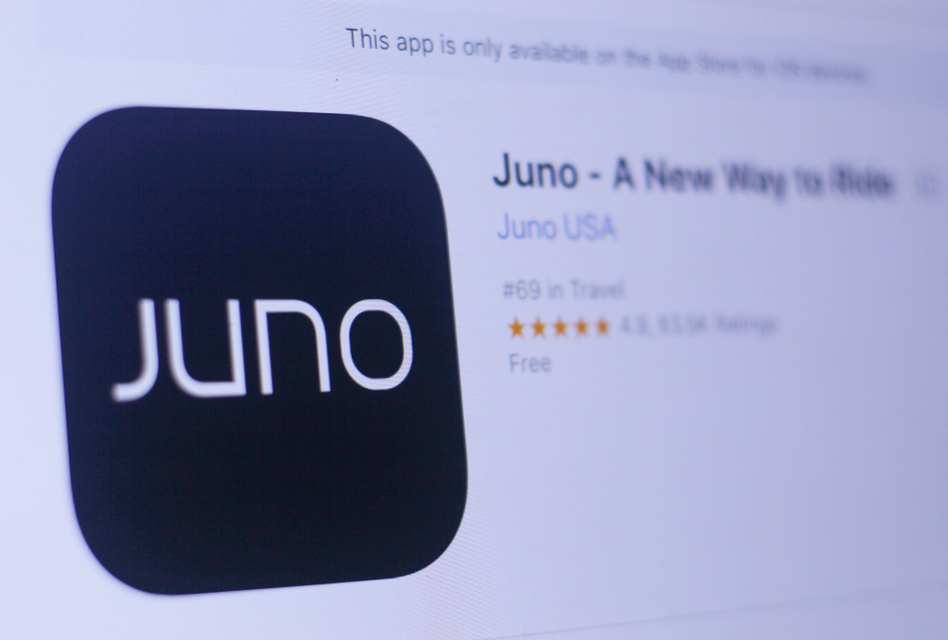You’re no doubt familiar with Silicon Valley and other global technology and IT development hubs, but probably didn’t realize that Belarus can be counted among them. With a long history of successful technology companies, the country is a hotbed of talent that shouldn’t be overlooked.
The UN ranks Belarus 53rd on the Human Development Index, with an average of 15.7 years of expected schooling. Most Belarusians are English speakers as a part of that education, facilitating work with the rest of the world. The UN also classifies the country 32nd in Information and Communications Technology.
But it’s some of the diverse and vibrant IT companies that have been a part of the long-standing IT history for Belarus that shows just how capable the small nation is. Let’s take a look at some of the most well-known companies that you may not have realized come from Belarus
Founded: 1998
Products: Online multiplayer video games
Minsk office size: 3,000 employees
Key fact: Opened a new headquarters in Minsk in 2014, and started a mobile game development division in 2017
Founded by Victor Kislyi, initially Wargaming focused on multiplayer PC-based strategy games. Their very first game, DBA Online launched in 2000, was a version of a popular tabletop game.
New products followed in the subsequent years, but it was the first online title, World of Tanks, that would really put the company on the map. Released in 2011, it was a combat action online game, and gave way to many popular sequels and variations. Now it boasts over 9 million players, with up to 1.5 million concurrent players across North America, Europe, and Asia.
In 2013, they acquired Day 1 Studios, launching them into the console game market as well. The company has now grown to over 4,500 employees worldwide across 18 different offices.
Founded: 2010
Products: Cross-platform messaging and VoIP (Voice over IP) application
Minsk office size: 120 employees
Key fact: Bought out by Japanese communications firm Rakuten in 2014 for $900 million
Founded by two former Israeli Defense Force information officers, Viber created a secure communication platform to directly compete with Skype. It has grown to 1 billion users across 193 countries, making it one of the most popular and most used communication platforms.
Due to the secure encryption that underpins the application, Viber is heavily used in war-torn areas and places where communication is monitored or restricted. The application, solely developed in-house in Belarus, has a comparatively more efficient communication protocol and takes up far less network resources than some other messengers.
Masquerade

Founded: 2010
Products: Facial recognition and tracking for 3D graphics
Minsk office size: 8 employees
Key fact: Bought by Facebook in 2016 for an undisclosed amount, working on building their product into the Facebook platform
This fun and successful mobile app allows users to apply a variety of facial filters in real time to record videos and take selfies. Bought by Facebook to compete with Snapchat’s similar features, the Belarusian startup started out by developing a highly rated mobile app.
The company expects to keep offering its MSQRD app on the App Store and Google Play store even though it’s not being integrated into Facebook.
Founded: 2004
Products: Visual work process and project management software
Minsk office size: 53 employees
Key fact: Recently raised $5 million in a Series A round from EBRD and Zubr Capital
While the company has expanded to over 115 employees worldwide, with offices in Buffalo, NY, London and Berlin, the development team remains in Minsk. They made news this year with a Series A financing round some 14 years after they were founded, and plan to use the money to expand into new markets by augmenting their sales and marketing team.
Now they serve over 1,000 enterprise customers worldwide including the likes of ePay, Vinci Energies and CallRail. A great example of the efficient programming workforce available in Belarus, the company plans to keep the development team right where it started.
Juno

Founded: 2015
Products: Ride sharing application
Minsk office size: 50 employees
Key fact: Acquired by Gett in 2017 for $200 million, will continue to develop under the Juno brand name
Seeing the need for a new model in the ride-sharing industry, Juno set out to create an ecosystem where the drivers got to keep more of their fare through higher commissions for rides. To accomplish this, they needed an efficient development team and chose to do their software development in Belarus.
Founded in NY, the startup has already been through Series A funding and an acquisition that will allow them to continue to grow their market share and compete with the likes of Uber and Lyft.
They hope the driver-centric model will attract the best quality drivers to their app, allowing them to gain market share. They have over 2,000 active drivers in NYC, and are planning to roll out in other cities in the coming months.
Founded: 2015
Products: Women’s health tracking application
Minsk office size: 100 employees
Key fact: The app has over 22 million active users and recently completed a Series A round for $18 million.
This health tracking app uses machine learning and AI to track women’s periods and give a forum to discuss women’s health issues. They claim to have helped 4.6 million women get pregnant, adding 500k to that total each month, and have consistently been rated the most popular health and fitness application in App Stores.
Headquartered in Redwood City, CA, the firm does all of their development work out of their Minsk facility, where founder Yuri Gurski (who also founded MSQRD and Prisma) started the company.
Founded: 2011
Products: Mobile online and offline mapping and navigation application
Minsk office size: N/A
Key fact: Acquired in 2014 by Mail.Ru Group, Russia’s largest digital communication and entertainment services holding, who subsequently moved the development team out of the country.
This successful open-source GPS map company designed an application to give offline access to maps of 345 countries. They managed to compress data such that maps of the entire world take up just 27GB of data. That efficiency caught the eye of Mail.Ru, who acquired the company and made the application free to download.
Founded in Switzerland, the company which was originally called MapsWithMe, chose to do its critical software development in Belarus to take advantage of the talent available there.
A Technology Powerhouse
As you can see, Belarus is a world leader when it comes to software development. The country of 9.5 million residents is home to an estimated 115k workers in the tech sector, according to a report by Ernst and Young.
Further, there are tax incentives nationwide for technology firms, with exemptions and breaks for companies that are part of the Hi-Tech Park initiative implemented in 2005. These state-sponsored benefits have helped the small country bypass many larger nations on the way to becoming a leader in exporting software development.







Blockchain Insights
Join our mailing list to receive OpenLedger Insights publications weekly.
Thanks! Please check your inbox to verify your email address.
By clicking “Subscribe”, you’re accepting to receive newsletter emails from OpenLedger Insights every week. You can easily update your email or unsubscribe from our mailing list at any time. You can find more details in our Privacy Policy.